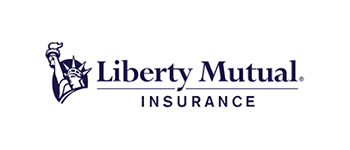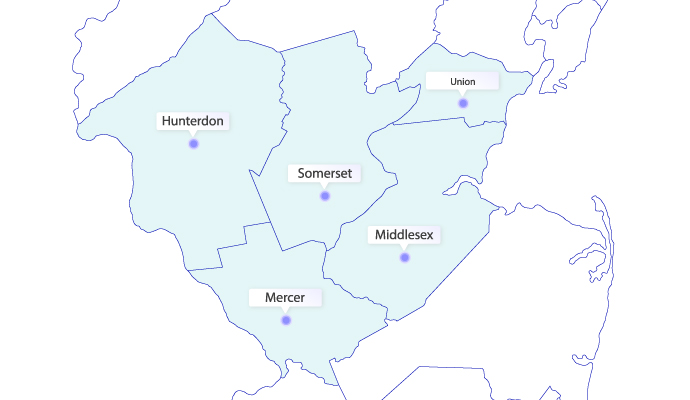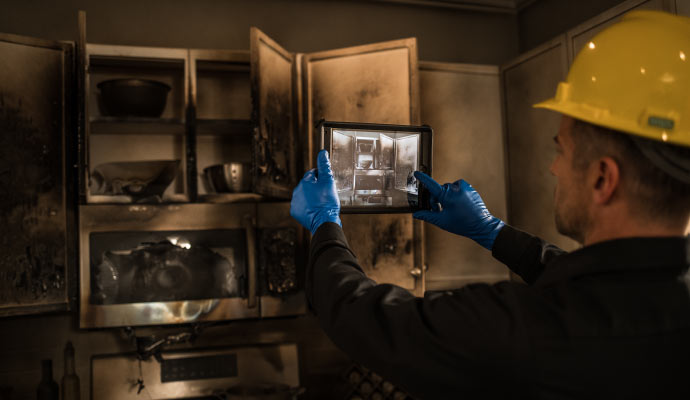
Common Causes of Fire & How to Prevent Them
Fires can be devastating, leading to significant damage to property and loss of life. They ignite instantly, bringing anguish to property owners.
The National Fire Protection Association (NFPA) reports that U.S. fire departments responded to an estimated 1.5 million fires in 2022. These incidents caused 3,790 civilian fatalities and 13,250 injuries. On average, a fire department responded to a fire every 21 seconds.
The good news is that most fires can be prevented through awareness and practicing proper fire safety. Therefore, it’s essential to know the most common causes to prevent them from happening. Let's explore the causes.

Kitchen Mishaps are a Major Source of Cooking Fires
According to the NFPA, cooking is still the leading cause of fires and fire-related injuries in households, resulting in nearly half of all house fires. The kitchen has a number of elements that, if left unattended, can quickly cause a fire. These include greases, unattended pots, and overheating appliances.
Do the following to prevent kitchen fires:
- Keep ovens, stoves, and cookware free of grease buildup
- Stay in the kitchen while cooking
- Remember to let items cool completely before putting them away
- Keep flammable items, such as paper towels and dishcloths, away from flames
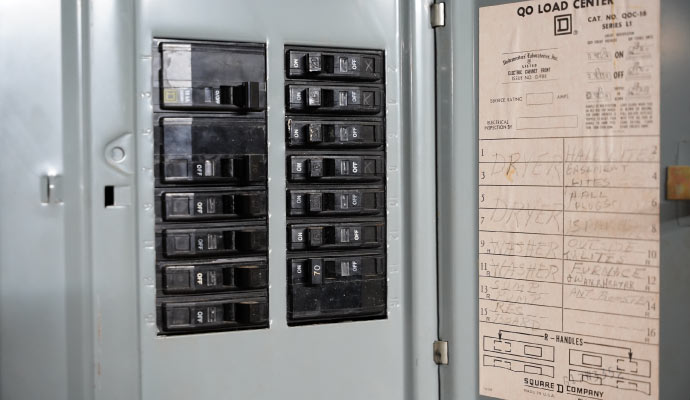
Electrical Fires Pose Hidden Dangers in Your Wiring Heating
Electrical fires are a leading cause of fire accidents, often resulting from loose or faulty connections and components. Overloaded circuits, faulty wiring, and poorly installed fixtures are all risk factors.
To prevent electrical fires:
- Hire a professional electrician for annual inspections of your property’s electrical systems
- Use surge protectors and ensure appliances and fixtures are compatible with your electrical system
- Make sure the smoke detector is functioning properly
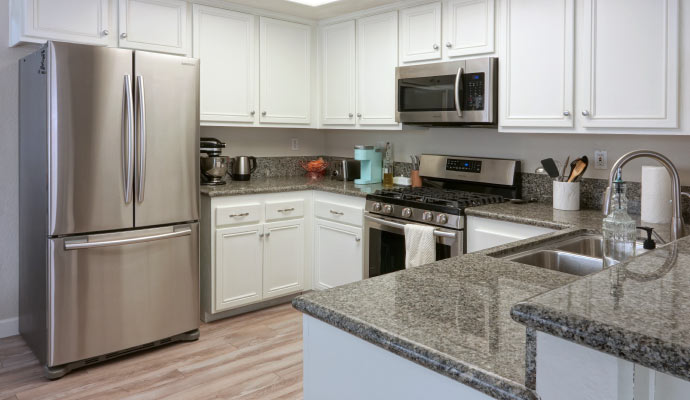
Heating Appliances Also Causes Sudden Fire Hazard Sometimes
Heating appliances left unattended are a common fire hazard. These include portable heaters, electric blankets, and similar devices. When placed near flammable materials like curtains, carpets, or bedding, the risk increases significantly. Always handle heating devices according to their instructions and make sure they are in proper working order.
To prevent heating fires:
- Keep flammable materials at least 3 feet away from heating devices
- Regularly clean chimneys and heating systems
- Never leave portable heaters unattended
Smoking-Related Fires are a Preventable Hazard
Smoking-Related Fires are a Preventable HazardSmoking has long been a common cause of fires. Smoking-related fires are often fatal, igniting when residents fall asleep while smoking in bed or on a couch. Improper disposal of cigarette butts and unattended cigars is a common source of such accidents. Mattresses and sofas are highly flammable, and all it takes is a single stray ember.
Here's how you can prevent smoking fires:
- Always smoke outside, away from flammable materials
- Fully extinguish cigarette butts in a sturdy ashtray and dispose of them responsibly
- Never smoke when feeling drowsy or in your bed
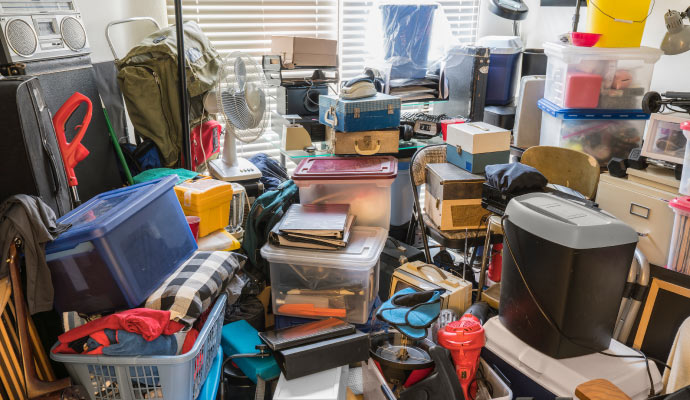
The Fire Risks of Hoarding Flammable Materials
p> Hoarding flammable materials such as paper bags, cardboard boxes, and plastics significantly increases the risk of fire by providing additional fuel. These items can also obstruct doorways, windows, and escape routes, making it harder to plan an escape or for firefighters to reach you during an emergency.Reduce the risk of fire from hoarding by following these steps:
- Regularly declutter your home and dispose of items responsibly
- Store and organize items properly, keeping them away from heat sources
- Ensure pathways in your home remain clear and easily accessible at all times
Human Negligence can Also be a Cause
Careless actions, ignoring fire safety, or failing to follow regulations can unintentionally cause fires. Some common examples of this include disregarding safety protocols and misusing electrical equipment.
To minimize the impact of negligence:
- Teach proper fire safety measures to the people in your home or business.
- Raise awareness of common fire hazard sources.
- Ensure proper fire safety standards are followed.
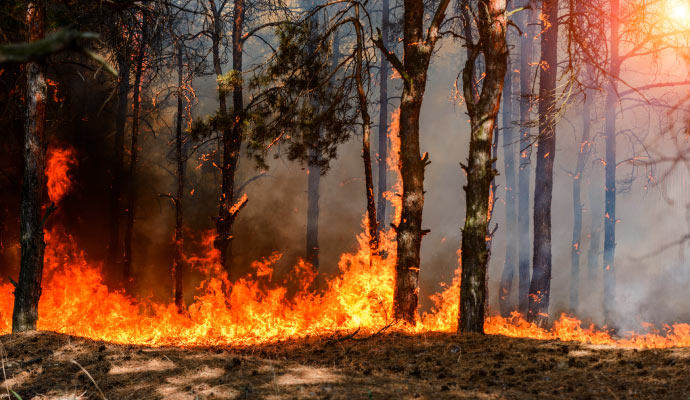
Wildfires and Natural Causes
While less common than electrical or heating equipment fires, wildfires pose a risk to homes near dry, hot, and windy areas. Even if a wildfire is happening far away, winds can still carry embers over long distances, igniting homes and vegetation. Your property is at a higher risk if there is a lot of vegetation, forests, or grasslands nearby.
To prevent wildfire-related house fires:
- Create a space around your home clear of vegetation and flammable materials.
- Use fire-resistant building materials like metal roofs or tempered glass.
- Regularly clean gutters and roofs to remove debris that can catch fire.
- Follow local fire safety evacuation orders during a wildfire.
Rely on ServiceMaster for Fire Damage Restoration
ServiceMaster Professional Restoration brings over 25 years of fire damage restoration expertise. Our IICRC-certified technicians are highly trained in restoration techniques, ensuring your property is restored to its original condition efficiently and effectively. From smoke and soot removal to structural repairs and odor mitigation, we handle every aspect of the restoration process with precision and care.
We prioritize providing prompt, compassionate, and professional service. Our team is equipped to respond quickly to minimize further damage and we work closely with insurance providers to streamline claims.
In case of an emergency, call us or contact us. Our 24/7 emergency call center is ready to assist.
732-800-6262
